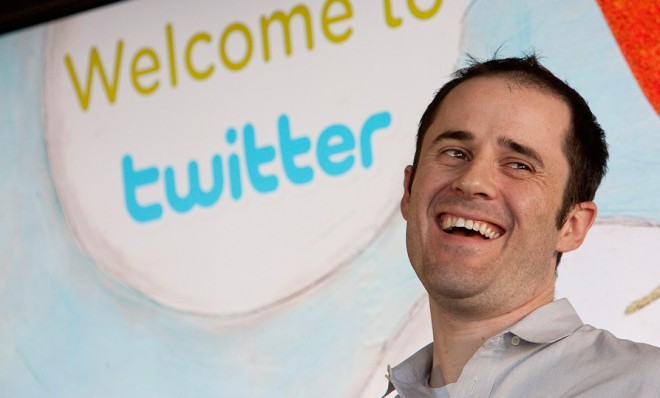Twitter's IPO: 3 lessons from past tech public offerings
Facebook screwed up. Twitter doesn't have to.

A free daily email with the biggest news stories of the day – and the best features from TheWeek.com
You are now subscribed
Your newsletter sign-up was successful
Whispers that Twitter may go public have grown to a low roar over the last month, ever since the company mentioned in a LinkedIn posting that it was looking to fill a position with someone who could prepare a "Form S-1 when we are ready to go public." The post was quickly taken down, but sources told the New York Post earlier this week that the $10 billion social media company has already held informal talks with Wall Street firms about going public.
But before Twitter does leap into an initial public offering, here are a few lessons from tech IPOs of the past...
Keep the price down
The Week
Escape your echo chamber. Get the facts behind the news, plus analysis from multiple perspectives.

Sign up for The Week's Free Newsletters
From our morning news briefing to a weekly Good News Newsletter, get the best of The Week delivered directly to your inbox.
From our morning news briefing to a weekly Good News Newsletter, get the best of The Week delivered directly to your inbox.
In other words, don't pull a Facebook. Leading up to its IPO, Facebook jacked up its offering to sell 421 million shares for $38 each—which valued the company at $104 billion, 107 times its profits. Sure, it had plenty of room for growth in mobile, but we all know how the price-jack played out: Facebook's share price, with the help of some technical glitches, fell immediately and kept falling for months to a low of $17.58 last September. It took almost a year and a lot of tangible growth in mobile advertising to recover to IPO levels, which it achieved just this month.
Plenty of investors are advising that Twitter learn from Facebook and keep the price down. Twitter's "IPO price should be designed to have at least a 20 percent to 25 percent pop post-IPO, and thereby benefit from the 'halo effect' of a successful IPO," tech entrepreneur Vineet Jain told Investor Place.
Get the books in order
This should go without saying, but it didn't for Groupon. The daily deals site delivered a powerful lesson when it lost more than 50 percent of its share price just months after its IPO, a drop that was mainly attributed to the funky accounting practices revealed in its public filings. For example, Groupon relied heavily on weird metrics, like adjusted CSOI (consolidated segment operating income), a fancy measurement that reports the company's operating income excluding some of its major expenses. When the company changed its methods at the urging of regulators, earnings tumbled.
A free daily email with the biggest news stories of the day – and the best features from TheWeek.com
Hopefully, Twitter won't feel the same need to massage the numbers. The company is already capitalizing on mobile — more than Facebook could say at its IPO — and is expected to bank $582 million in revenue this year, according to the New York Post.
Consider some version of Google's modified Dutch auction
A Dutch auction, which Google opted for in 2004, works like this, says Jeffrey Goldfarb in The New York Times:
The auction style asks investors to declare how much they're willing to pay and for how many shares. The price steadily declines until it reaches a level where all the shares on offer would sell — at which point all interested buyers commit. [New York Times]
This would probably lead to a lower initial share price for Twitter. But that's a good thing, Goldfarb says, as it would likely lead to a post-IPO, investor-pleasing pop.
Carmel Lobello is the business editor at TheWeek.com. Previously, she was an editor at DeathandTaxesMag.com.
-
 Corruption: The spy sheikh and the president
Corruption: The spy sheikh and the presidentFeature Trump is at the center of another scandal
-
 Putin’s shadow war
Putin’s shadow warFeature The Kremlin is waging a campaign of sabotage and subversion against Ukraine’s allies in the West
-
 Media: Why did Bezos gut ‘The Washington Post’?
Media: Why did Bezos gut ‘The Washington Post’?Feature Possibilities include to curry favor with Trump or to try to end financial losses